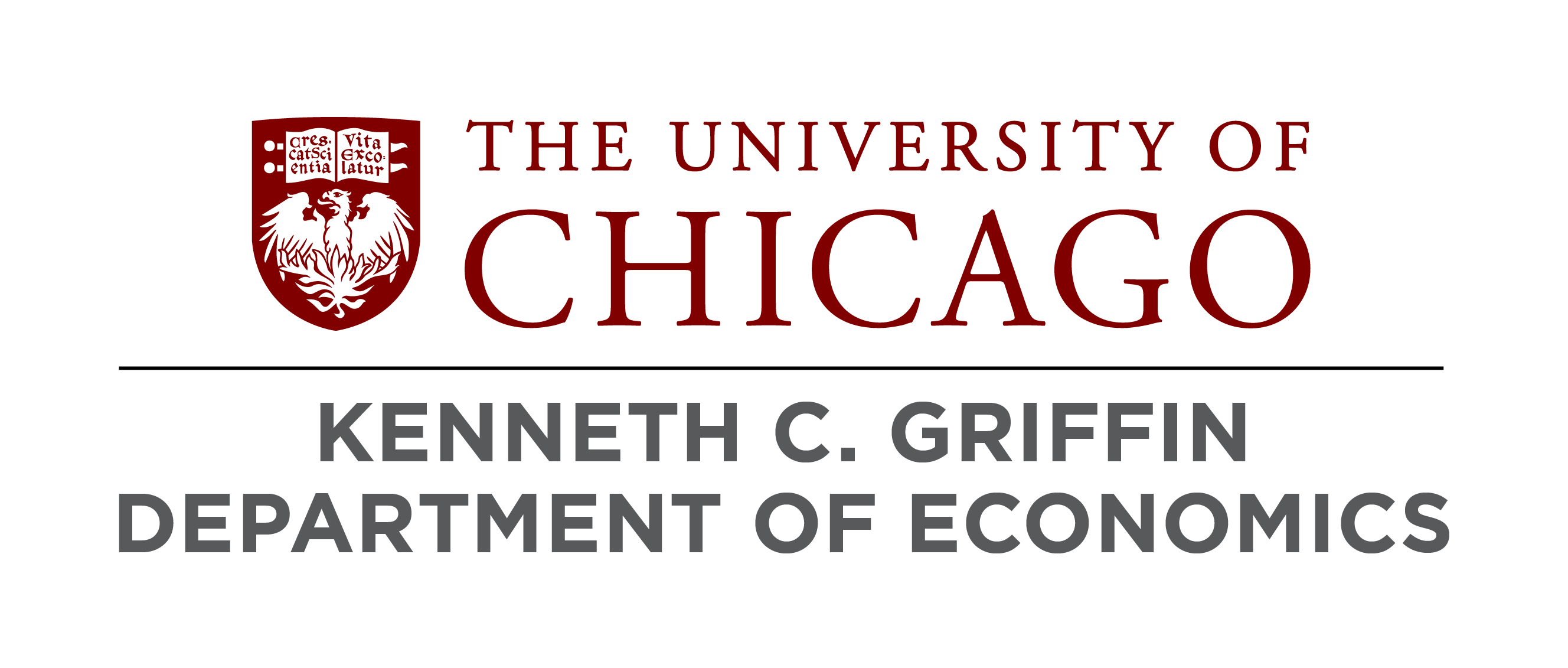
Primary Research Focus: Industrial Organization, Urban Economics
Secondary Research Focus: Commercial Real Estate, Retail, Applied Microeconomics
References: Ali Hortaçsu, Jean-Pierre Dubé, Milena Almagro, Michael Dinerstein
Camilla Schneier's Personal Website
Camilla Schneier's CV
Recent Research / Recent Publications
Abstract
We study the welfare implications of exclusive dealing in the US retail sector. Using a novel dataset, we document widespread use of exclusive dealing contracts that exclude local entry by rival stores. Public officials increasingly critique such practices as anti-competitive. At the same time, the extant literature on exclusive dealing has also shown that these contracts can stimulate entry into otherwise under-served markets. Descriptive analysis suggests that stores with covenants face fewer competitors and higher prices. At the same time, almost all major grocers in under-served neighborhoods have exclusive dealing contracts, suggesting they might encourage entry in lowdemand settings. We use a structural approach to measure the counterfactual impact of a ban on exclusive dealing. We calibrate the model with estimates of household-level store choices that accounts for price sensitivity, distance sensitivity and the potential complementarities between co-located stores. On the supply side, retail contracts, store locations and prices are jointly determined in a game between retailers and landlords that accounts for retailer private information and spillovers across nearby retailers. In aggregate, we quantify how exclusive dealing changes consumer surplus and retailer distribution in different neighborhoods. Exclusive dealing also increases the probability of retailer entry into a food desert, which decreases the probability that a food desert stays a food desert. In particular, we find that banning covenants would cause an increase in the number of households living in a food desert in Chicago.
View Camilla Schneier's Full Job Market Paper
 THE UNIVERSITY OF CHICAGO
THE UNIVERSITY OF CHICAGO

